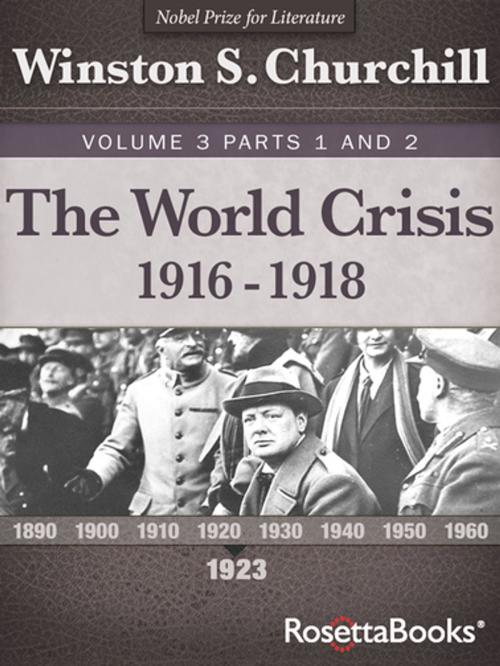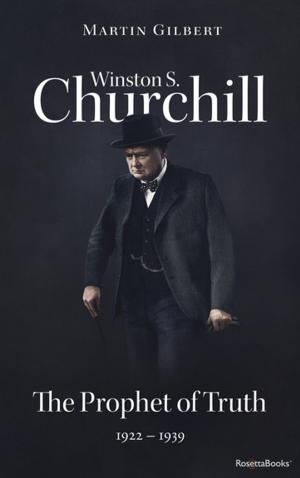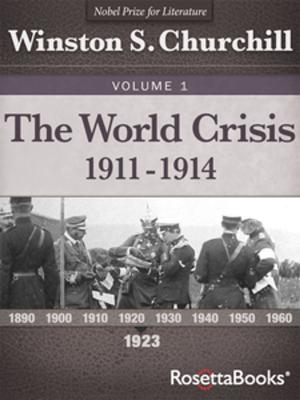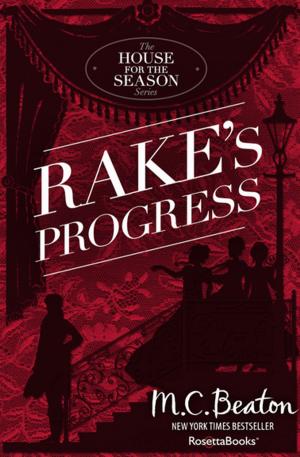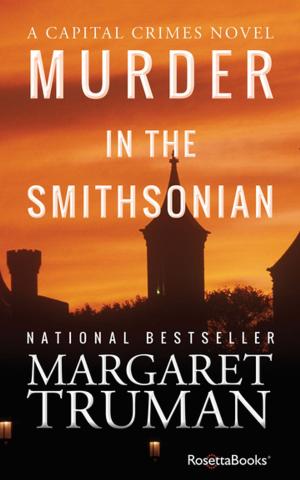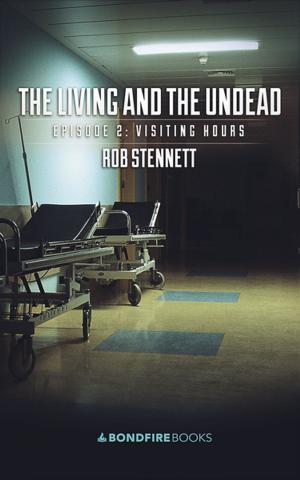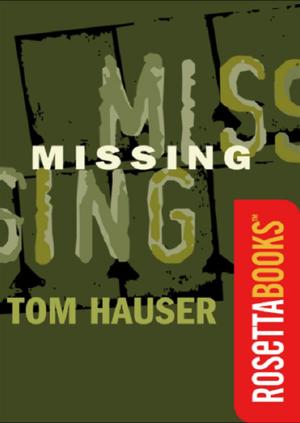| Author: | Winston S. Churchill | ISBN: | 9780795331473 |
| Publisher: | RosettaBooks | Publication: | September 23, 2013 |
| Imprint: | RosettaBooks | Language: | English |
| Author: | Winston S. Churchill |
| ISBN: | 9780795331473 |
| Publisher: | RosettaBooks |
| Publication: | September 23, 2013 |
| Imprint: | RosettaBooks |
| Language: | English |
A volume in Churchill’s history of the First World War that is “essential reading, as fresh and compelling as ever” (Jon Meacham, bestselling author of Franklin and Winston).
This epic volume—third in a five-volume history of World War I from the eyewitness perspective of a highly-placed political insider—details Winston S. Churchill’s development of the Ten Year Rule, which gave the treasury unprecedented power over financial, foreign, and strategic policy for years to come. In March 1916, Churchill returned to England to speak once more in the House of Commons. Appointed first Minister of Munitions, then later Secretary of State for War and Secretary of State for Air, Churchill was in a prime position to observe and document the violent end of World War I.
This volume gives context for the events that came before Churchill’s return, including the intense battles of Jutland and Verdun. And it provides a rare perspective in the unbiased observances of a political leader with a journalist’s eye for the truth and a historian’s sense of significance—qualities which helped earn him a Nobel Prize in Literature in 1953.
A volume in Churchill’s history of the First World War that is “essential reading, as fresh and compelling as ever” (Jon Meacham, bestselling author of Franklin and Winston).
This epic volume—third in a five-volume history of World War I from the eyewitness perspective of a highly-placed political insider—details Winston S. Churchill’s development of the Ten Year Rule, which gave the treasury unprecedented power over financial, foreign, and strategic policy for years to come. In March 1916, Churchill returned to England to speak once more in the House of Commons. Appointed first Minister of Munitions, then later Secretary of State for War and Secretary of State for Air, Churchill was in a prime position to observe and document the violent end of World War I.
This volume gives context for the events that came before Churchill’s return, including the intense battles of Jutland and Verdun. And it provides a rare perspective in the unbiased observances of a political leader with a journalist’s eye for the truth and a historian’s sense of significance—qualities which helped earn him a Nobel Prize in Literature in 1953.
